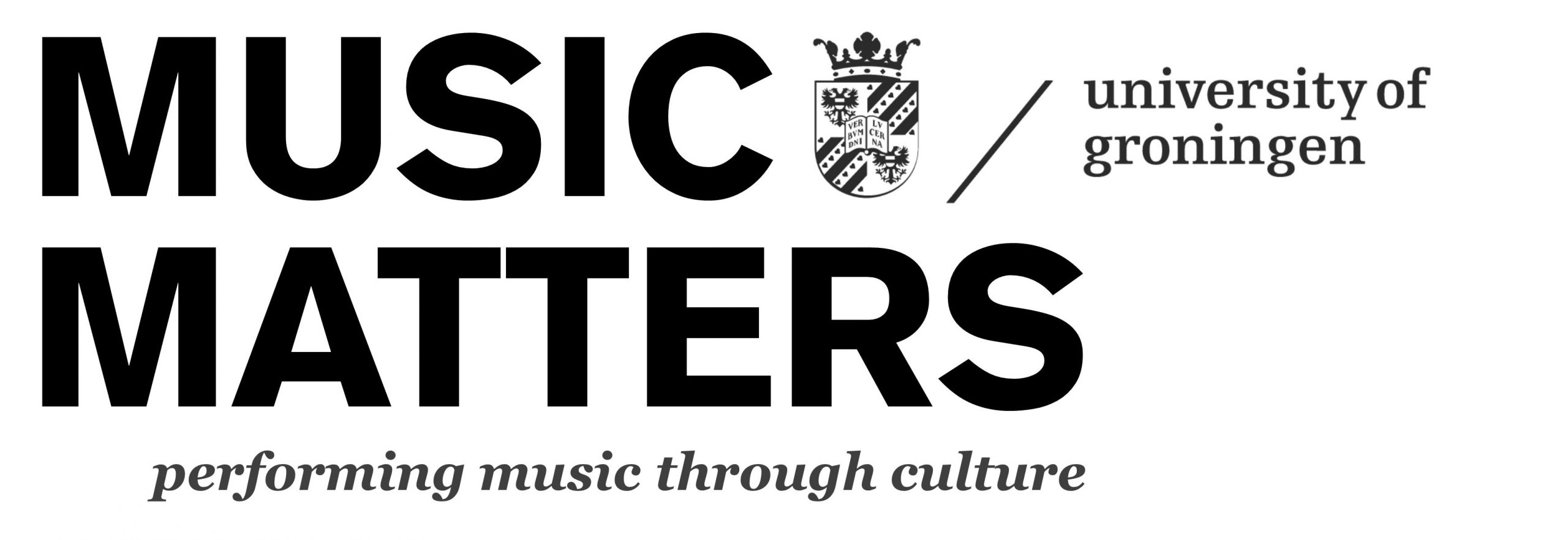Maarten Michielse is a lecturer and researcher at Maastricht University. His expertise lies in popular music, remix cultures and digital media. His PhD dissertation ‘Remix, Cover, Mash’ (Maastricht, 2015) investigated the different ways in which music enthusiasts collectively rework and appropriate popular music in a digital era. Michielse holds bachelor degrees in both journalism and cultural studies. He also holds a research-master degree in arts and visual culture. During his master he spent six months within the MA Music Industry Studies at the University of Liverpool (UK). In his current research, Michielse builds on this PhD project by investigating the different ways in which bodily and tactile skills still play a role in the world of the digital DJ.
Learning From Bastard Pop? – Moving Beyond Subversion and Piracy in the Mashup Community
While the mashup community originally started as an underground phenomenon, mashups have increasingly become part of the musical mainstream. Today, thousands of mashup enthusiasts mix and blend popular songs on online platforms such as Acapellas4u, Mashuptown, and Mashstix. The goals and motivations of these mashup enthusiasts, however, differ significantly from those of participants in early bootleg and bastard pop scenes. Today, illegality, subversion and piracy only play a minor role. Instead, musical experimentation and learning seem to be key. By digitally layering and rearranging existing songs, mashup enthusiasts not only investigate how songs work musically and technically, but they also seek to gain a better understanding of digital music technologies and audio files. Based on 1,5 year of ethnographic fieldwork, this lecture discusses the different skills, challenges and motivations that are central in the mashup community today. By drawing from qualitative interviews and online observations, the lecture will discuss how current generations of music enthusiasts tend to learn, not by playing along with records, by digitally deconstructing them. This reveals an important side of mashups that has rarely been discussed in academic contexts.

